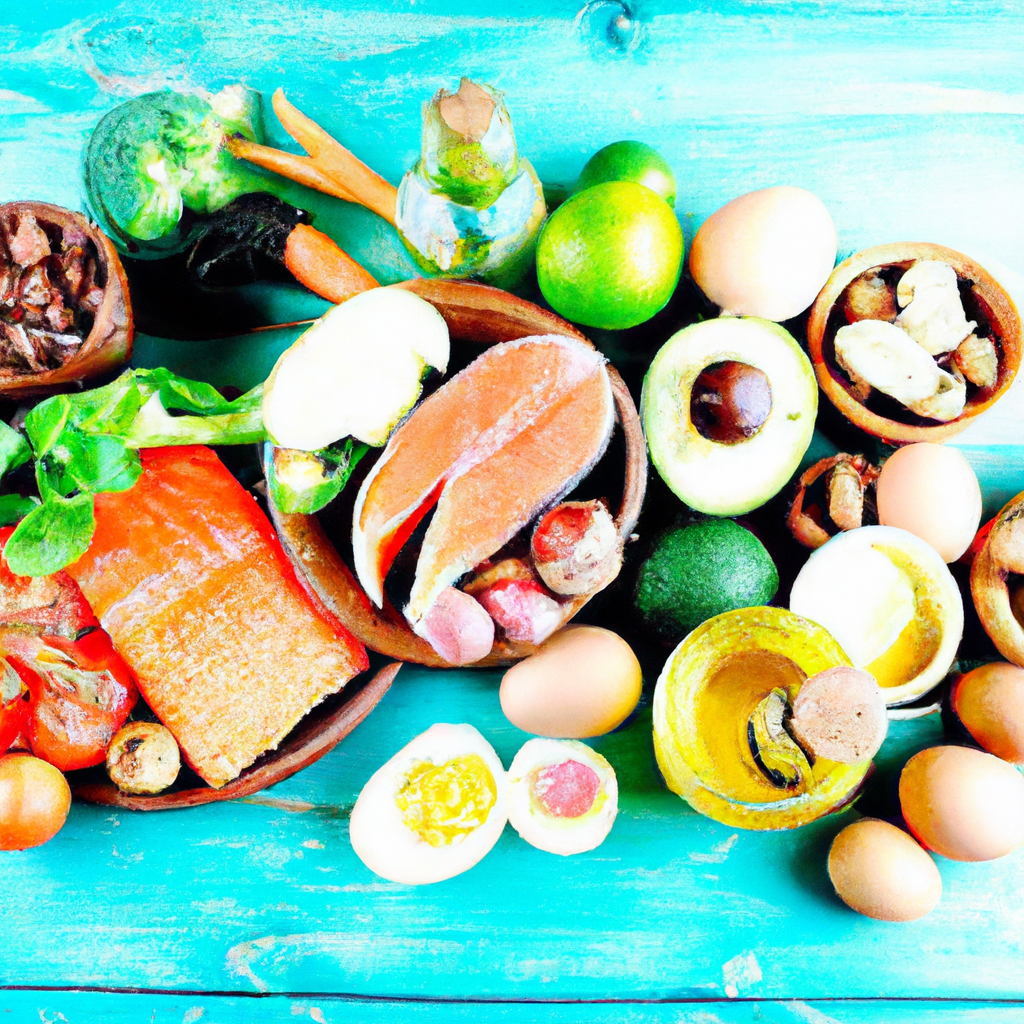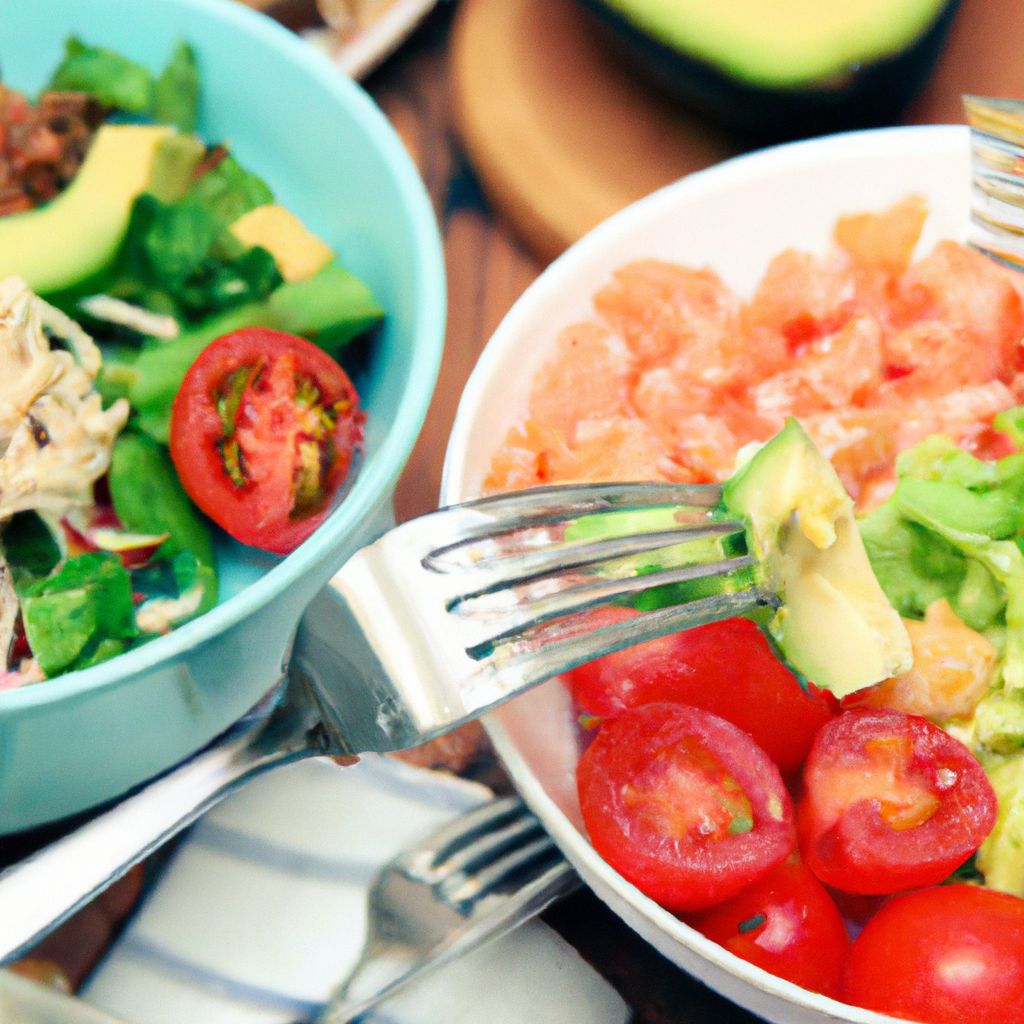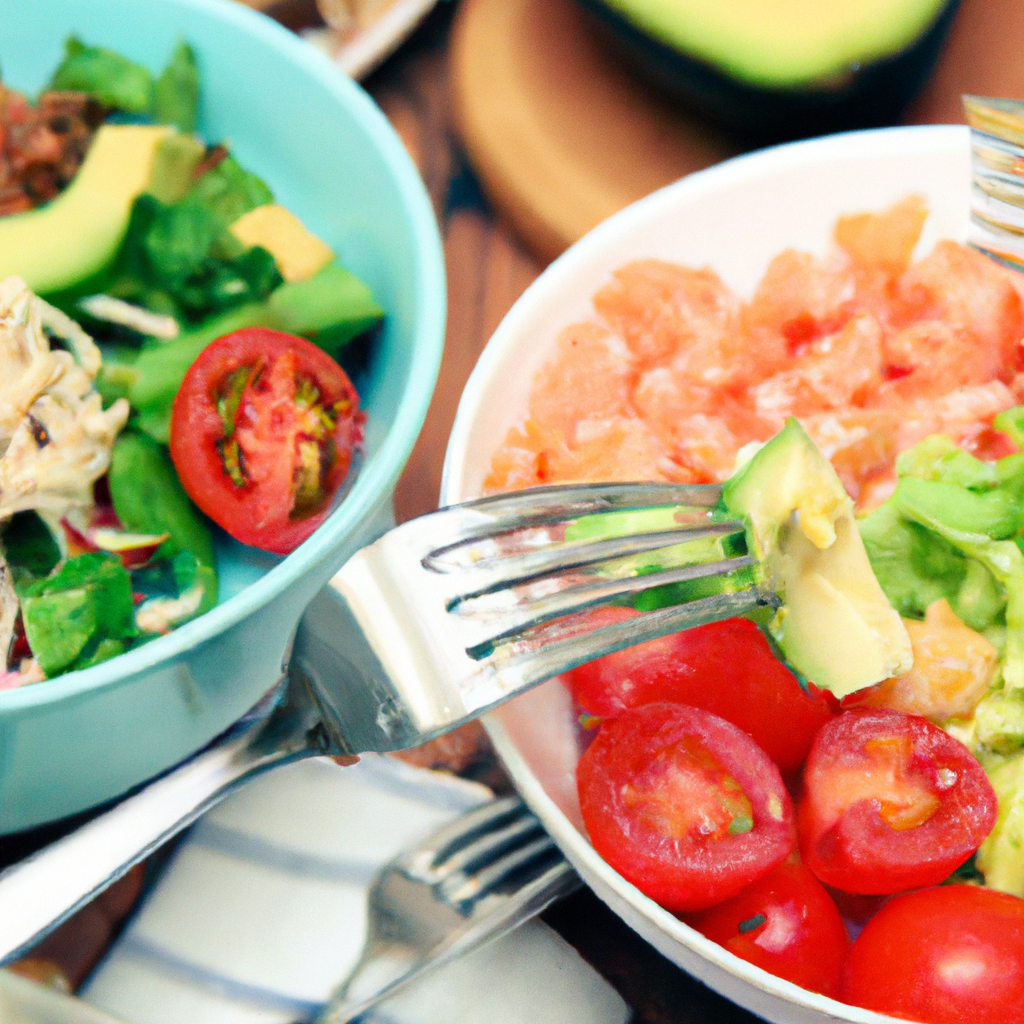It’s your turn to be the judge in the face-off between the energy levels provided by the Keto diet and protein-rich diet. Choosing the right diet isn’t just about losing or gaining weight, but also about consuming the kind of nutrients we need to keep our energy levels optimized. This critically important article pits the acclaimed Keto diet against the protein-rich diet, each with its own unique benefits, casting light on their effects on your body’s energy levels. So, strap in and prepare to explore to make an informed decision – which diet will truly fuel your day?
Understanding the Keto Diet
What is Keto Diet?
Let’s start with the basics. The keto diet, short for ketogenic diet, isn’t some passing fad. It’s a low-carb, high-fat diet that’s been around for decades. Originally, it was used to manage conditions such as epilepsy, but recently, more and more people are turning to it for weight loss and overall health. In short, the idea is to shift your body’s primary source of energy from carbohydrates to fats.
How Keto Diet Works
When you remove most of the carbs from your diet, your body does something quite extraordinary – it starts producing ketones from fat and uses them for energy. This metabolic state is called ketosis. So instead of fueling on glucose (that comes from carbs), your body starts burning fat, even your body’s own fat stores, for energy.
Common Foods and Meals in Keto Diet
The staples in a keto diet include meat, fish, eggs, avocados, low-carb vegetables (think broccoli, spinach, lettuce), and healthy fats such as olive oil, coconut oil and heavy cream. Typical meals could be grilled salmon with veggies tossed in olive oil, or an omelette with cheese and avocado. Remember, the goal is to stick to low-carb and high-fat foods.
Understanding the Protein-rich Diet
What is Protein-rich Diet?
On the other side of the dietary ring, we have the protein-rich diet. As the name suggests, this diet focuses on consuming high amounts of protein. The aim isn’t just muscle building, although that’s often a major focus. Increased protein intake can also help with weight loss, satiety, and overall body composition.
Importance of Proteins in the Body
Proteins are crucial for the body. They’re the building blocks of your muscles, skin, blood and other body tissues. They are continually broken down and need to be replenished through diet. Beyond this, proteins also help in body functions like immune response, carrying oxygen in blood, digestion and more.
Common Foods and Meals in Protein-rich Diet
In a protein-rich diet, you’ll find a lot of eggs, lean meats like chicken and turkey, fish, dairy products like milk and cheese, and plant-based proteins like lentils, beans and tofu. The meals could range from grilled chicken with veggies, scrambled eggs with cheese, to a lentil soup or a tofu stir-fry. High-protein smoothies and shakes are also popular.

Energy Production in Keto Diet
Role of Ketosis in Energy Production
Ketosis, as we know, is your body’s way of generating energy on a keto diet. When your body is in ketosis, it’s producing ketones in the liver from the fats you eat and your own fat stores. These ketones then become your body’s primary fuel source.
Benefits of Using Fats for Energy
One of the major benefits of using fats for energy is the steady, sustained energy they provide. There are no energy crashes like you can get from carbs. Plus, you’re constantly burning fat, which can lead to weight loss.
Potential Drawbacks
Of course, every coin has two sides. Getting into and maintaining ketosis can be challenging. It requires careful planning and monitoring of your diet. There’s also the risk of experiencing “keto flu”, a period of fatigue and other flu-like symptoms as your body adapts to burning fat.
Energy Production in Protein-rich Diet
Role of Proteins in Energy Production
In a protein-rich diet, proteins play a significant role in energy production, but they’re not the primary source of energy. That role is shared by carbs and fats. However, during periods of fasting or in the absence of adequate carbs and fats, the body can use proteins for producing energy.
Benefits of Using Proteins for Energy
While it’s not ideal to use proteins as the primary energy source, they do have an important role in energy production. For example, they help preserve muscle mass during periods of energy shortage. Plus, proteins have high satiety, keeping you full and preventing overeating.
Potential Drawbacks
Using proteins for energy has its downsides too. It takes more energy to metabolize proteins compared to fats and carbs. Plus, overconsumption of proteins can potentially strain your kidneys and lead to deficiency in other important nutrients.

Comparing Energy Levels in Keto and Protein-rich Diets
How Energy Levels Vary in Each Diet
In the keto diet, once your body has adapted to burning fats, you can experience a steady and consistent energy supply, with lesser energy spikes and dips. On the other hand, in a protein-rich diet, you can experience usual energy highs and lows, depending on your intake of carbs and fats.
Factors Influencing Energy Levels in Each Diet
The main factor influencing energy levels in each diet is the macronutrient intake – carbohydrates, proteins and fats. While carbs are minimized in a keto diet, proteins are emphasized in a protein-rich diet. Also, the body’s adaptation to each diet plays a role.
Effects of Switching from One Diet to Another
Switching from a keto diet to a protein-rich diet or vice versa might cause some temporary effects like changes in energy levels, digestion issues, or even flu-like symptoms. The body needs time to adapt to the changes.
Impact on Physical Performance
Effects of Keto Diet on Athletes and Workout Performances
Once thoroughly adapted, athletes on a keto diet might experience a steady supply of energy, which can be a benefit for endurance activities. However, high-intensity workouts may suffer as these generally rely on carbs for quick energy.
Effects of High-protein Diet on Athletes and Workout Performances
A high-protein diet can be beneficial for athletes, particularly those involved in strength training as protein supports muscle growth and repair. But an adequate intake of carbs is needed for optimal performance.
Comparison and Contrasts
Both diets can be effective in certain circumstances, but one may outshine the other depending on the sport or activity. Endurance athletes might fare better on ketogenic diets while those in strength training might prefer high-protein diets.
Impact on Mental Performance
Role of Keto Diet in Brain Functioning and Alertness
In a keto diet, ketones can cross the blood-brain barrier and act as a fuel source for the brain, which can enhance cognitive functioning, focus and alertness.
Role of Protein-rich Diet in Brain Functioning and Alertness
The protein-rich diet provides the brain with essential amino acids which are required for synthesizing neurotransmitters that are crucial for cognitive functions.
Comparison and Contrasts
Both diets could potentially support cognitive functions but through different nutritional pathways, keto diet through ketones and protein-rich diet through essential amino acids.
Dealing with Potential Side Effects in Keto and Protein-rich Diets
Common Side Effects of Keto and Their Management
Common side effects of the keto diet include keto flu, constipation, bad breath, and vitamin and mineral deficiencies. Proper hydration, adequate dietary fiber intake, and using a multi-vitamin supplement could help manage these.
Common Side Effects of High-protein Diet and Their Management
Potential side effects of a high-protein diet can include kidney damage, nutrient deficiencies and digestive issues. It’s crucial to maintain a balanced diet and not to over-consume proteins.
Preventative Measures
Being well-informed and planning your diet carefully can help prevent most side effects. Medical advice is recommended if you have any pre-existing health conditions.
Addressing Common Misconceptions
Myths about Keto Diet and Energy Levels
One common myth is that keto diet causes low energy levels. This is not accurate. While there is an initial adaptation phase, most people report consistent energy levels once adapted.
Myths about Protein-rich Diet and Energy Levels
A common misconception is that a high-protein diet alone can provide ample energy. The truth is, a balanced intake of all macros including carbohydrates and fats is essential for sustained energy.
Clarifications and Truths
The truth is both diets require a balance of nutrients and good understanding of body’s needs for energy production.
Expert Opinions on Keto Diet and Protein-rich Diet Energy Levels
Views from Nutritionists and Dieticians
Nutritionists and dieticians stress the importance of individualized diet plans. They usually suggest a balanced and varied diet to meet daily energy needs.
Findings from Scientific Studies and Research
Scientific research indicates that both diets can be effective in providing energy, aiding weight loss and improving health markers, provided they are well planned and followed properly.
Helpful Advice for Individuals Considering Each Diet
To wrap up, if you are considering the keto diet or a protein-rich diet, it’s best to consult with a healthcare professional or a certified nutritionist. This ensures that you are getting everything your body needs, while also keeping your energy levels optimal.

